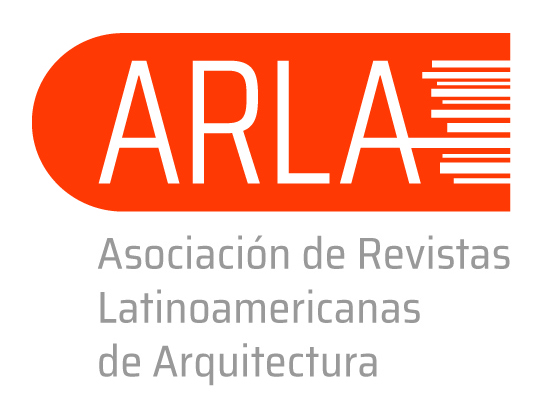The free spaces in domestic housing
The urban empty as health mediator
DOI:
https://doi.org/10.14409/ar.v10i18.9611Keywords:
open spaces, urban void, social housing, quality of life and habitat healthAbstract
In the Brazilian context, the open areas along the urban blocks remain residual spaces, with irregular and small geometries, configuring urban slices without continuity and connectivity. This scenario can be seen in the images of large urban centers and is repeated, even more permissively and negatively, in the domestic housing of low-income populations. In this context, the article seeks to awaken the dialogue on formal strategies for open spaces around social housing and the respective environmental qualities related to human health. The intention is to debate the spaces of intermediation between the buildings, the urban voids as continuity and connectivity strategies for the integration of networks of green areas and their benefits. Thus, it contributes to the debate on land use patterns in communities in situations of social vulnerability and the benefits of free spaces in cities, raising questions about design strategies for green areas in communities in situations of social vulnerability. Therefore, developing the building project synchronously with open spaces, considering its possible benefits, seems to be opportune for the residents' quality of life, in addition to contributing to the production of more sustainable and healthy cities.
Published
How to Cite
Issue
Section
License
ACCESO ABIERTO
ARQUISUR Revista es una publicación de acceso abierto y sin ánimo de lucro. No se imputan cargos por la recepción, revisión, evaluación, publicación ni acceso a sus contenidos. Se distribuye bajo una Licencia Creative Commons CC Atribución-NoComercial-SinDerivadas 4.0 Internacional (CC BY-NC-ND 4.0): No se permite un uso comercial de la obra original ni la generación de obras derivadas. Esta licencia no es una licencia libre, y es la más cercana al derecho de autor tradicional.
DESCARGO
Los criterios expuestos en los artículos son de exclusiva responsabilidad de sus autores y no reflejan necesariamente la opinión del Comité Editorial ni de la Dirección Editorial Técnica. Los derechos de los artículos publicados pertenecen a sus autores o editoriales. Los autores ceden sus derechos de publicación al Centro de Ediciones de la Universidad Nacional del Litoral de Santa Fe, Argentina.














